This post may contain affiliate links. Please read our disclosure for more info.
Beginners usually start off thinking yoga is easy – until they actually start practicing and realize how physically and mentally challenging it can be and start asking themselves: why is yoga so hard?
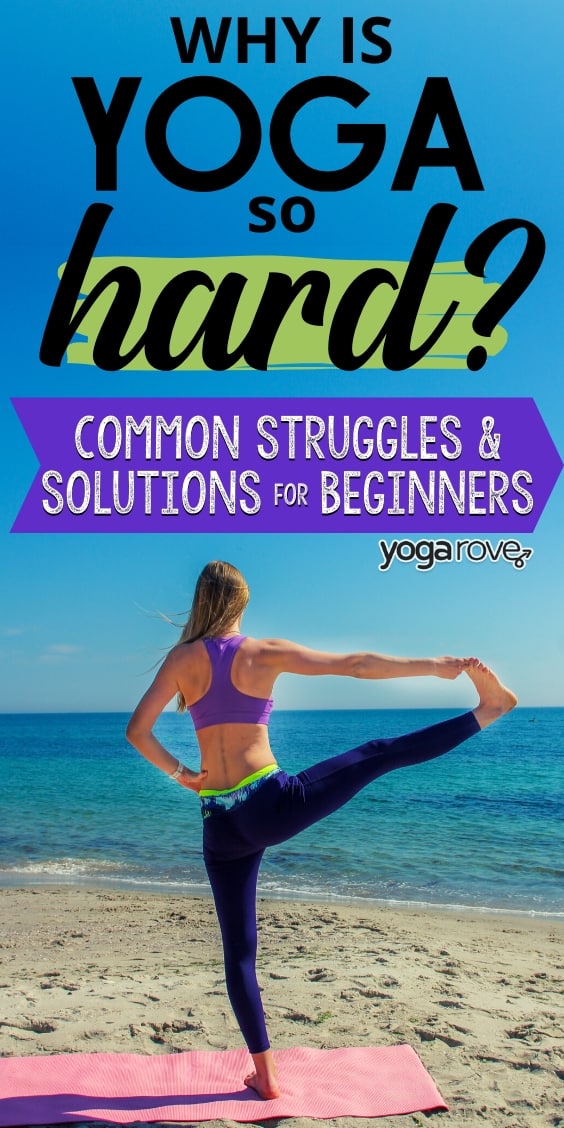
Chances are you’re feeling frustrated if you’re reading this article. Don’t worry, we’ve all been there. Yoga can be hard in so many different ways:
1. You are physically strong, but just don’t feel flexible enough.
Many runners/boxers/surfers etc. struggle with flexibility: It is something you actively have to train.
Your body will not hold onto things it doesn’t need, that’s simply not efficient. So if you don’t work on your flexibility, your range of motion will decrease over time. This doesn’t mean you can’t do yoga, quite the contrary. Many people think they must be flexible to start yoga, when in reality yoga helps you become flexible.
2. You are flexible but have no strength.
Some people are just naturally flexible, but don’t work on their strength. One of the things I like most about yoga is that you train both.
People usually don’t think there would be a lot of strength involved, but if you look at arm balances, jump throughs and inversions it soon becomes clear that you can’t just achieve these poses with flexibility alone.
Don’t worry about it, you will build strength over time. My arms have gotten so much more defined since I started practicing yoga that people sometimes ask me what sports I play.
When I tell them that I practice yoga they usually respond with “but what else do you do?”
Depending on what style of yoga you practice, your teachers might be preparing you for inversions and arm balances. These poses require core, shoulder and back strength, and building up that strength can be intense.
3. You are neither flexible nor strong.
This was me. I was stiff and had no upper body strength, didn’t know anything about the different styles of yoga and which might be good for beginners, so the first class I took was an Ashtanga class. It is an understatement to say that I was frustrated.
I vowed myself never to come back here as I saw people around me doing things I thought my body was incapable of. Once we got to Savasana all the struggles were forgotten and I felt strangely relaxed and at ease, so I decided to come back again.
I regretted my decision the next day as I struggled through my chaturangas. The teacher noticed me and said “I think you’re not ready for full chaturangas yet. Put your knees down until you build up enough strength.” How embarrassing,” I thought.
But I kept working on my strength and didn’t give up, and now I’m able to breeze through chaturangas and even more advanced poses.
4. You can’t help but compare yourself to other people in class.
Other people might be more flexible, stronger, skinnier, but that doesn’t make them better people or better yogis. That is not the point of yoga. Yoga teaches compassion, forgiveness and awareness, not “how to lose 10 pounds in one week”. If you feel like your teachers/fellow students are trying to make a competition out of it, I suggest you find a new studio.
But ask yourself: “Are the others making it into a competition, or is it just me?” I remember envying people who were able to do more advanced poses than I did and thought they must be aware of how much better than me they were.
Now that I am an advanced student I have not once thought “Ha, I can do a pose no one else can do, look at me!” (and if any advanced yogi thinks that way something went quite wrong).
I actually worry about people thinking I might be showing off. We all remember what it was like to be at the beginning of our journey, and how frustrating and hard it sometimes seemed. And yoga never becomes easy: Maybe we mastered one pose, but we’re still struggling with another. Or our physical practice is progressing, but our meditation practice is suffering. The perfect yogi doesn’t exist, and everyone is always working on something, only on different levels.
Try to change your mindset: This is not a race, you’re all on a path together. Help each other and encourage each other. If you still feel like you can’t stop comparing yourself, take classes that are targeted towards beginners.
5. Your mind constantly wanders.
That makes two of us. For me, staying present is the hardest part of yoga. I’m just so used to letting my mind roam that being present was always a struggle. For me it helps to focus on my breath and the sensations I’m experiencing: Where do I feel the stretch? How can I relax into it more?
Just by focusing on what you feel currently or focusing on your breath will bring you out of your head and into the present moment. The more you practice this, the better you will become at it.
6. You’re not seeing results as fast as you thought you would.
When you set expectation for something, it completely takes the joy out of it. Let go of your expectations. Yoga will teach you a lot about your body – what parts of your body need more attention, what tendencies you have etc.
I learned that I have shortened Achilles tendons, making Garland pose (Malasana) impossible for me to this day. I have now accepted that my heels will probably never touch the ground.
Once you start practicing and get to know your body better, ask yourself how realistic the goals you set for yourself are. When I started practicing, I thought I would master my squat in only a few weeks, and that Crow Pose would soon be my first arm balance.
My first arm balance turned out to be Flying Splits (Eka Pada Koundiyasana II), an arm balance that I considered a lot more advanced. Different poses work for different bodies: You might surprise yourself by mastering a pose you thought was out of your reach, but might also have to accept that some poses you thought of as easy will need more time.
7. Your teacher only pays attention to more advanced students
You might have the wrong teacher or be in the wrong class. As a teacher I must confess that I’ve also sometimes paid more attention to people kicking up into a handstand, simply because the risk of injury is higher and sometimes you feel like you’re so busy putting out fires that you can’t give enough attention to more careful students. It’s not fair, but the last thing you want is a student with a head injury. I suggest taking classes for beginners where the teacher focuses on more accessible poses.
But sometimes beginners also don’t accept the praise I am giving them because they think it is not directed towards them: When I give to option for headstand I admire students who know their limits and stay in a Dolphin to build up strength in their shoulders. I mean you, not the person kicking into a headstand with a wrong foundation.
So yes, maybe your teacher is not paying enough attention to you, but maybe you’re also not accepting the credit he/she is trying to give you.
Is Yoga Hard to Learn?
What is your definition of yoga? If we are talking about the physical aspect of yoga, it will take you a few months to understand the basics, and once you have a solid foundation you can add in new poses. Know that you’ll never stop learning.There will always be poses that feel difficult.
If we’re talking about the spiritual and mental aspect of it – yes. Staying present, not getting carried away by your emotions, practicing forgiveness and self-love is not easy. Society has taught us different things, and to re-learn everything is hard, but also so incredibly worth it.
How Do I Get Better at Yoga?
You may be at the point where you feel like you’ll never get better at yoga, but I promise you, that is not the case. Here are a few things you can do to get “better”:
1. Learn more about yoga.
Learn what yoga is and why we practice it. Learn about the benefits and what parts of yoga you would like to focus on. Also think about the aspects of it you’re already good at to appreciate where you’re at.
2. Develop a ritual.
This will make it easier to stick to it. Maybe combine a short meditation with 20-30 minutes of yoga, or make it a habit to do yoga right after you come home from work. Anything that can fit into your routine will increase the chances of you actually sticking to it.
3. Be patient with yourself.
Don’t set your expectations too high. Goals can be motivating but make them attainable and forgive yourself if you don’t meet them!
4. Don’t take yourself too seriously.
Sometimes one of my teachers would ask the class: “Why do you all look so grumpy?” We sometimes get too ambitious and think we must keep on pushing and get frustrated when we can’t do a pose. Yoga doesn’t have to be frustrating, it is all about our approach to it. I still fall out of poses, and I can’t help but laugh. Not out of embarrassment, but because it genuinely makes me laugh and reminds me that our practice doesn’t have to be perfect.
After completing her teacher training in India, Franziska started writing about and teaching yoga while traveling. Having her mat with her always makes her feel more at home, no matter where she is. Yoga has improved her life in many ways, and she’d like to share the numerous benefits of yoga with others.

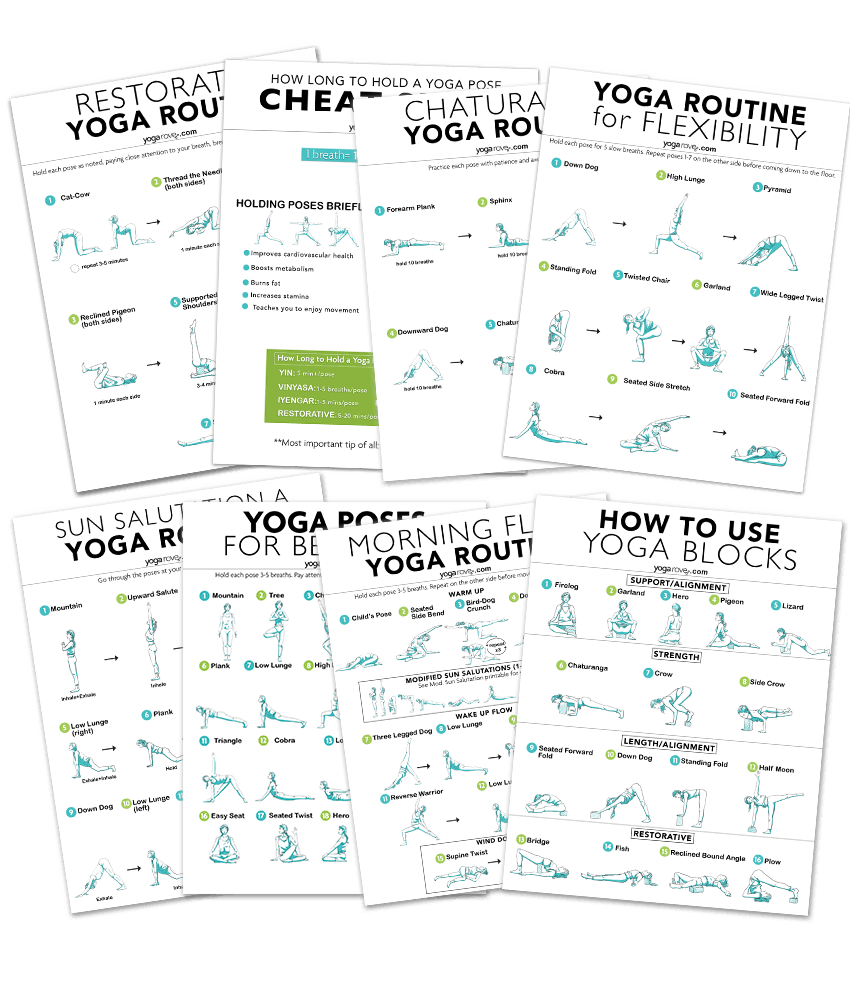
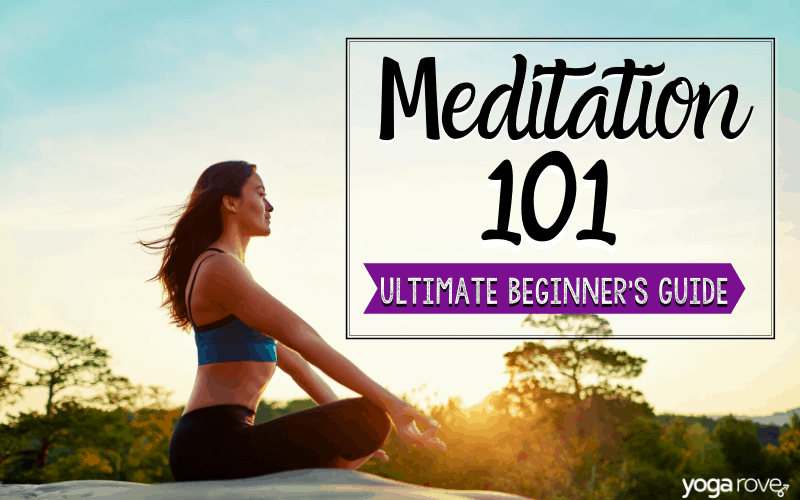
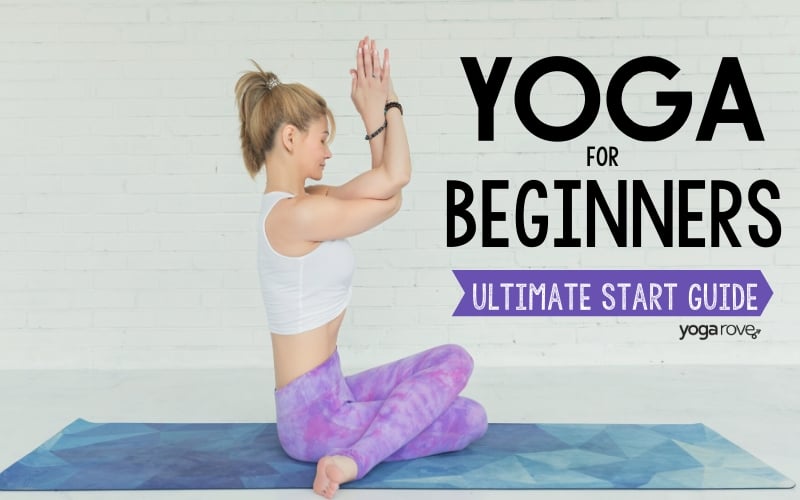
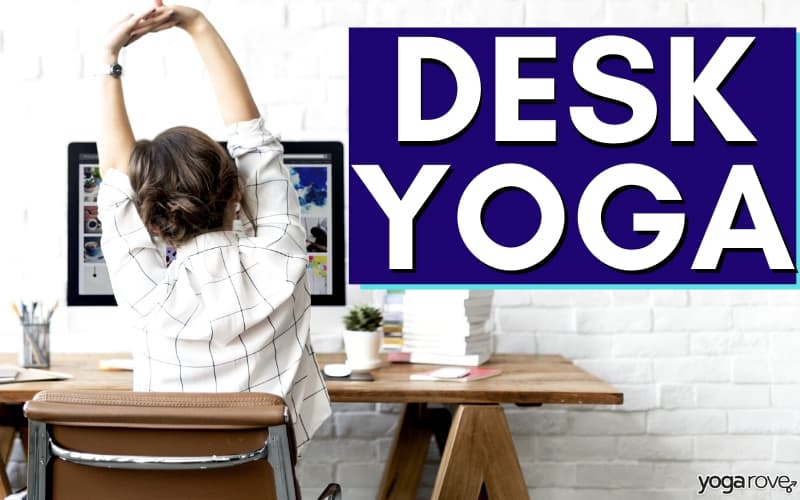
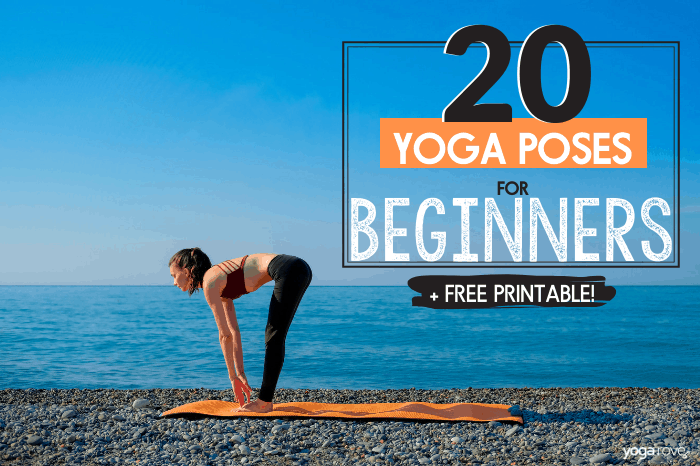
thank you. I had my first class (beginers) last Saturday and will be attending my second this Saturday. I did not know anything about it.
I thought it was brutal, but I was ok with that. I didn’t expect that but had taken ballet form many many years and there are similar things. Strenght and flexability, you will never reach perfection, your opponent is your self. I did read a book many years ago called Be Here Now and learned to be in the moment. Thank you for your encouragement. Everyone in the class was in their 30’s and I am 68, think they thought it was very cool that I was trying.
Jane,
Completely agree! I think one of the best things yoga teaches us is how it’s okay NOT to be perfect and to love the journey instead. Keep on with your journey! You should be so proud of yourself!
-Ally
Needed this today. I’m in my first month of yoga, and determined to keep going to become better balanced and stronger. Class yesterday was humbling. Thanks for this post.
That’s awesome Kari, keep t up! So glad you fund it helpful. 🙂
Phew, I needed to read this, trained in ballet to professional level, genuinely thought Yoga would be a cinch for me, erm, definitely not the case, though I do think a lot of ballet dancers would hugely benefit from yoga. My teacher is wonderful, it is me that needs to let go of ‘performing’ and find the me in the yoga! Thank you!
This is such a beautiful share. Thank you so much Kitty!